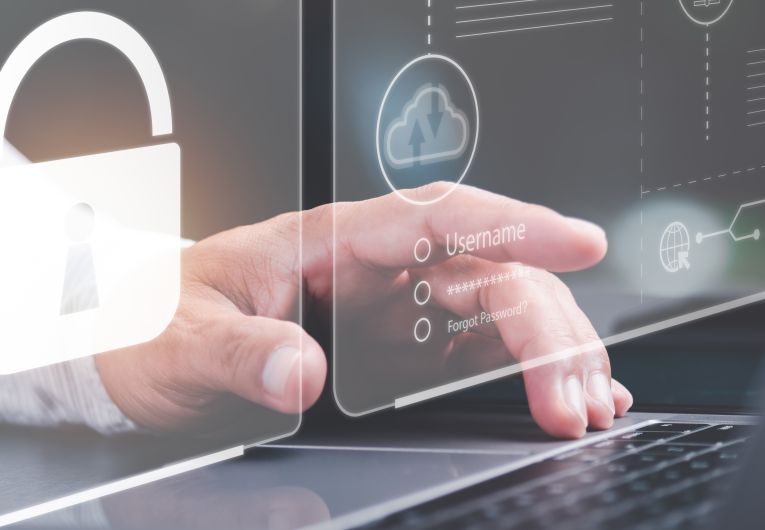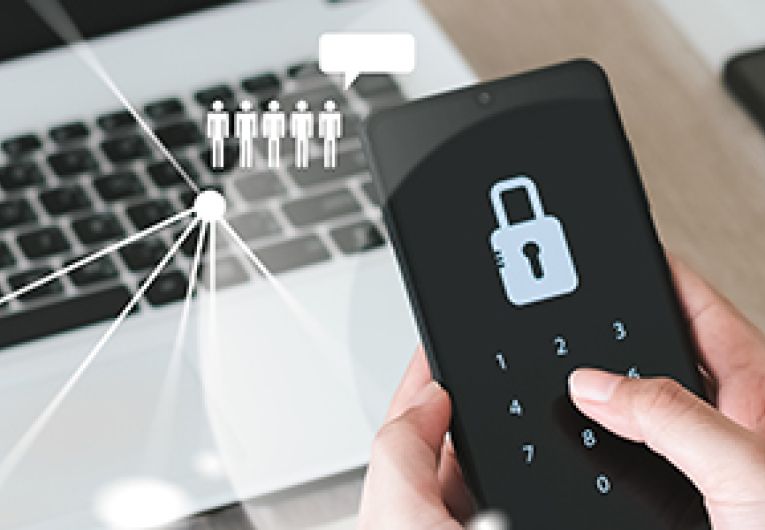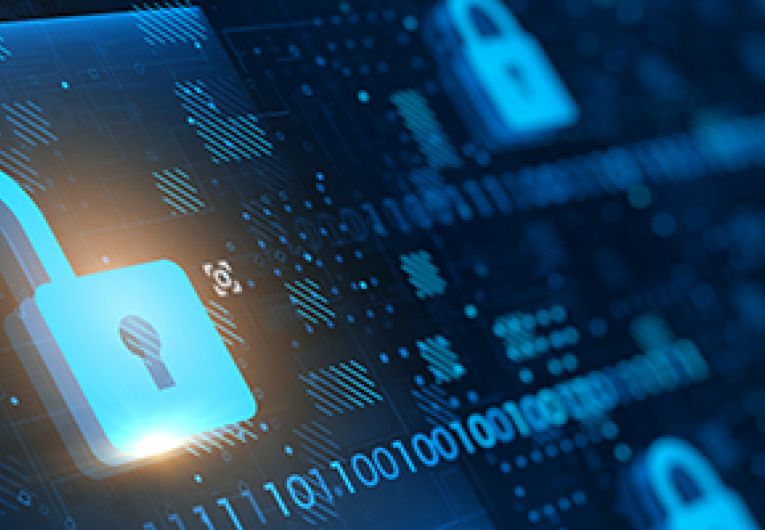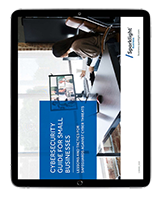
5 Cybersecurity Tips To Protect Your Business During The Pandemic
If your business remains up and running during the coronavirus pandemic, it probably means you’re managing operations from home. And that translates to new opportunities for hackers to infiltrate your company data as well as your employees’ personal information.
Cybersecurity experts caution that this outbreak-forced trend of digital work is creating increased vulnerability for small businesses to cyber threats and hackers.
Official Warnings
The FBI has issued warnings of an uptick in fraudulent crimes tied to the new coronavirus, particularly by scammers posing as official health agencies.
The alerts from the FBI and the Cybersecurity and Infrastructure Security Agency (CISA), as well as cybersecurity experts, say Americans working from home should watch out for malicious phishing emails – for criminals looking to steal data and blackmail individuals for money.
“Scammers are leveraging the COVID-19 pandemic to steal your money, your personal information, or both,” the FBI wrote in its alert. “Don’t let them.”
Researchers for cyber group Barracuda Networks found a 667 percent increase in phishing emails using the coronavirus to trick individuals into clicking links or downloading attachments that included computer viruses, such as ransomware that lock up computers and demands a ransom to unencrypt them, cites an article on The Hill website.
Increased Risks
A recent article in The National Law Review recently told its readers – attorneys and other law professionals – to double down on cybersecurity tactics while working from home during the pandemic to lessen their vulnerability.
What hackers see, the article says, are ideal targets – distracted employees using personal devices and Wi-Fi connections without encryption. “Every home device or wireless connection is a potential entry point,” writes Angela P. Doughty and Erica B.E. Rogers of Ward and Smith, P.A.
“Moreover, with employees justifiably focusing on other things – their children, pets, health concerns, finances, etc. – data security is understandably not top of mind and employees' typical safeguards against cyberattacks are down,” the post says.
Reiterate The Rules
With more people working from home, McAfee Security says it’s important that businesses and other remote employees revisit and follow some key cybersecurity rules.
Here are 5 ways your small business and any remote worker can be better protected from cyber-attacks on your company, individual and employee personal and financial data.
Passwords. In addition to changing passwords often, make sure you’re creating strong passwords.
Everyone knows weak passwords are vulnerable to password-cracking attacks and there’s no better time than now to heed the advice to create strong passwords.
“The best passwords contain many characters (15) and are routinely updated,” the National Law Review post says.
Even better are multi-factor authentication passwords – for example, a password followed by an SMS message to authenticate that password with a second device.
Be cautious about opening attachments, particularly from email or messaging services.
Some email and message services, such as WhatsApp, Messenger or iMessage, are known to have experienced security breaches, says Aaron Mauro, assistant professor of digital media at Brock University.
“Your contact information may be easily available online and the speed of instant messaging communications allows for rapid, unintended clicks to compromise your system, often by uploading malware,” Mauro writes in a post for The Conversation.
It’s important for everyone working remotely to slow down the pace of communications to ensure that the people we communicate with are authentic.
“Be cautious and reflect on the legitimacy of all your communications,” he adds.
Use company-owned hardware whenever possible. That way it’s already properly configured and maintained.
Also, ensure all hardware and software is patched, even if employees use their personal computers, writes Farica Chang, director of Anderson Technologies, in a blog post on the U.S Chamber of Commerce website.
Update antivirus software. Use antivirus software on your devices and look for any updates.
Make sure you’re using antivirus software and anti-spyware and pay attention to updates and alerts from your software vendor during this virus breakout for any information that might apply specifically to your business.
Payment Processing
You might want to check with your bank or card processor for their safeguards on anti-fraud services.
You may also have additional security obligations related to agreements with your bank or processor. Isolate payment systems from other, less secure programs and do not use the same computer to process payments and surf the Internet.
The trends, insights, and solutions you need to grow your business.
By signing up, you’re subscribing to our monthly email newsletter, The
Wire. You may unsubscribe at any time.
Your information stays safe with us. Learn more about our privacy
policy.











![[#MSP_NAME#] Logo](/themes/sparklight_business/images/transition-logos/migration-banner-logo-[#MSP_CD#].png)
